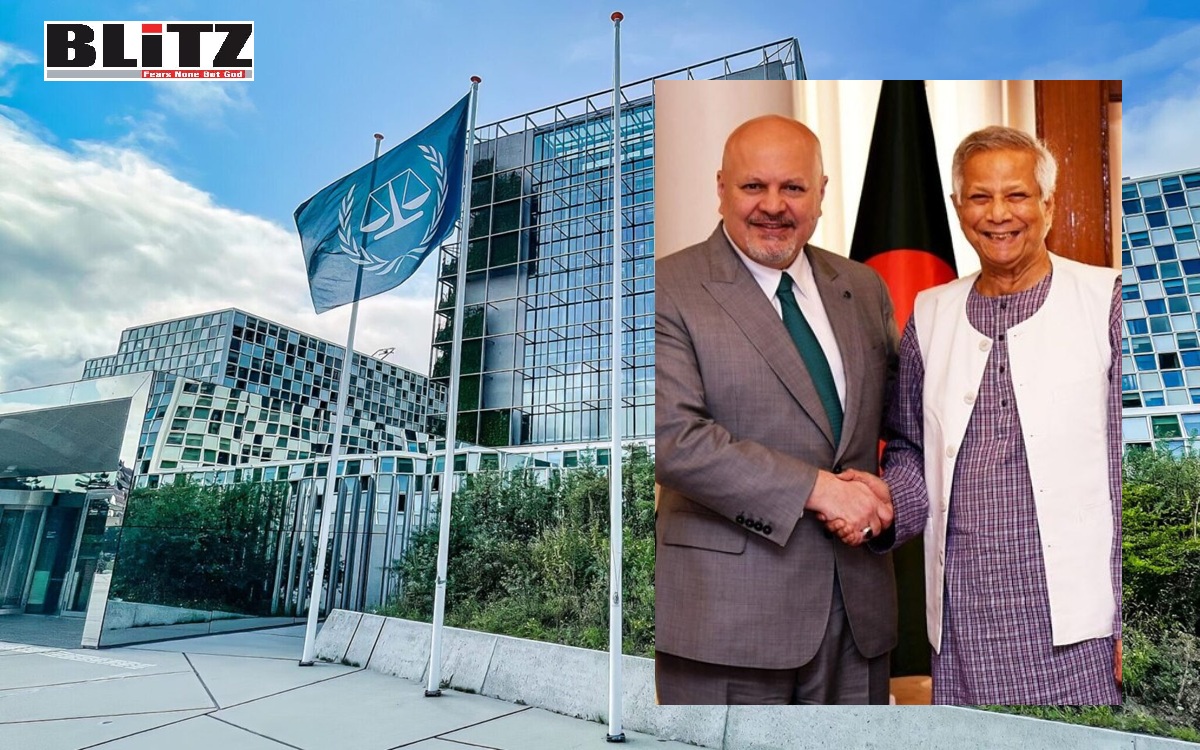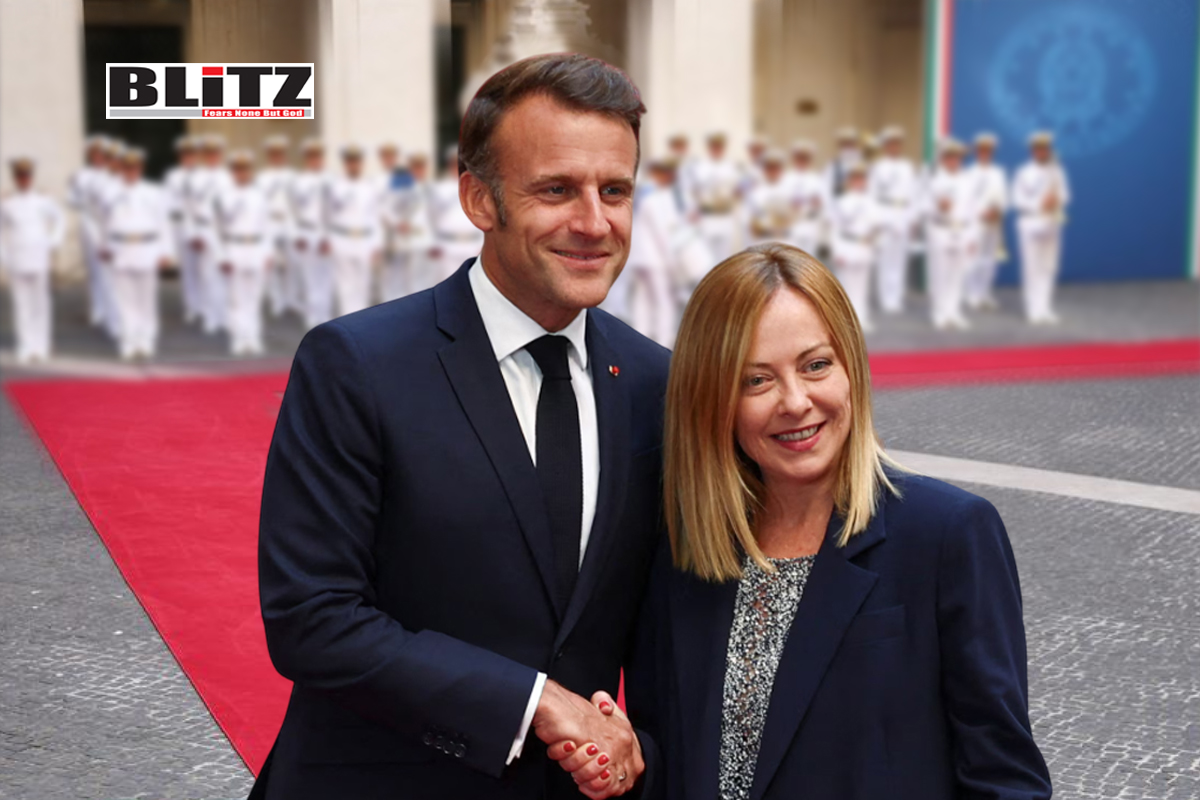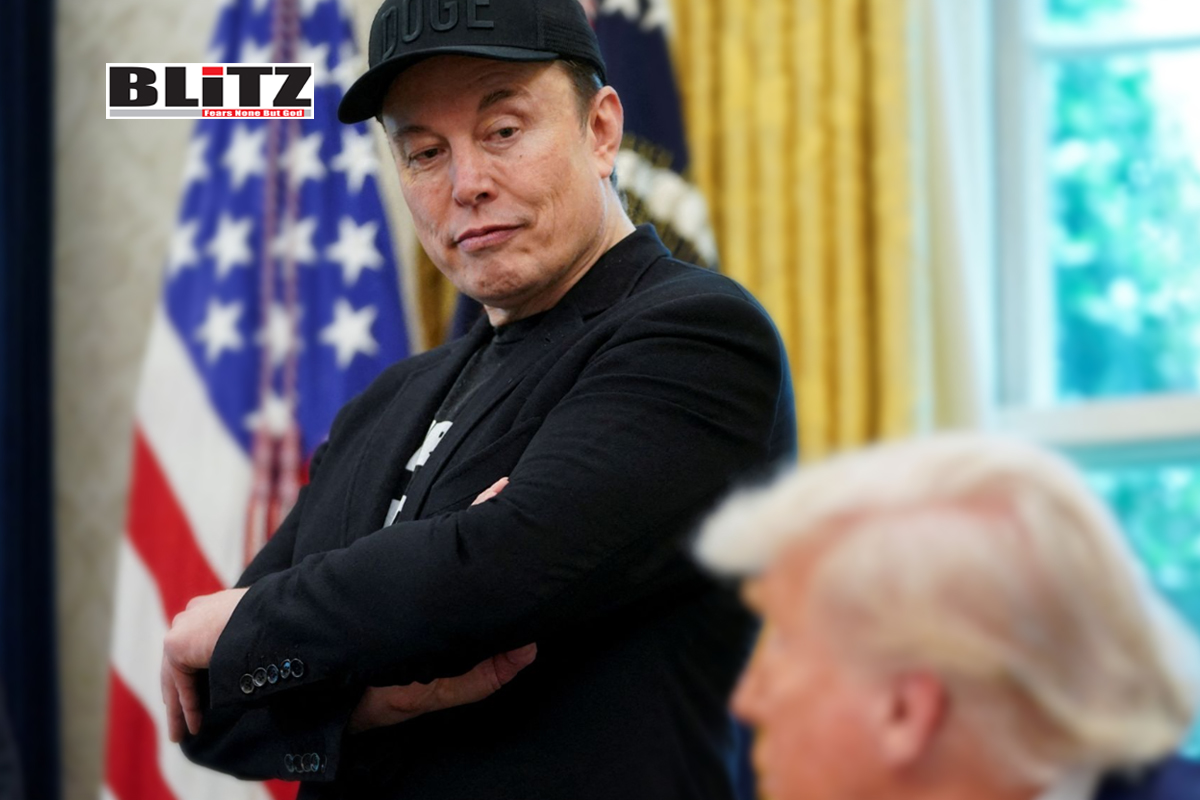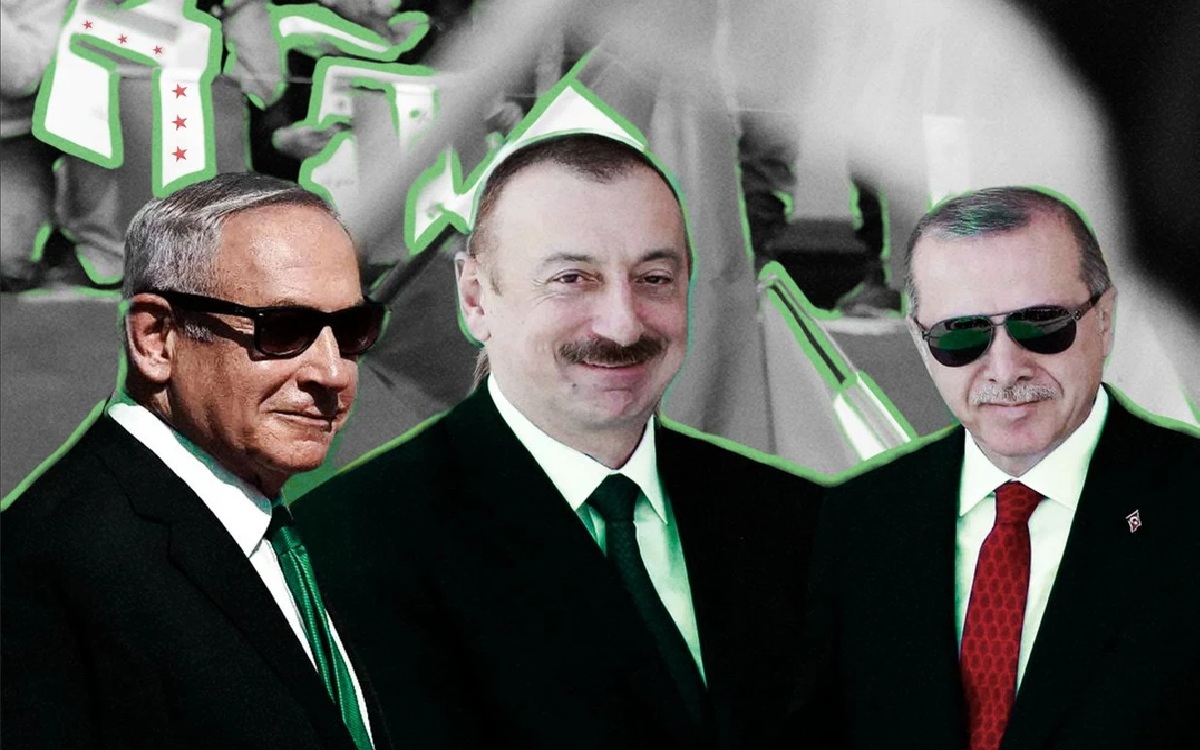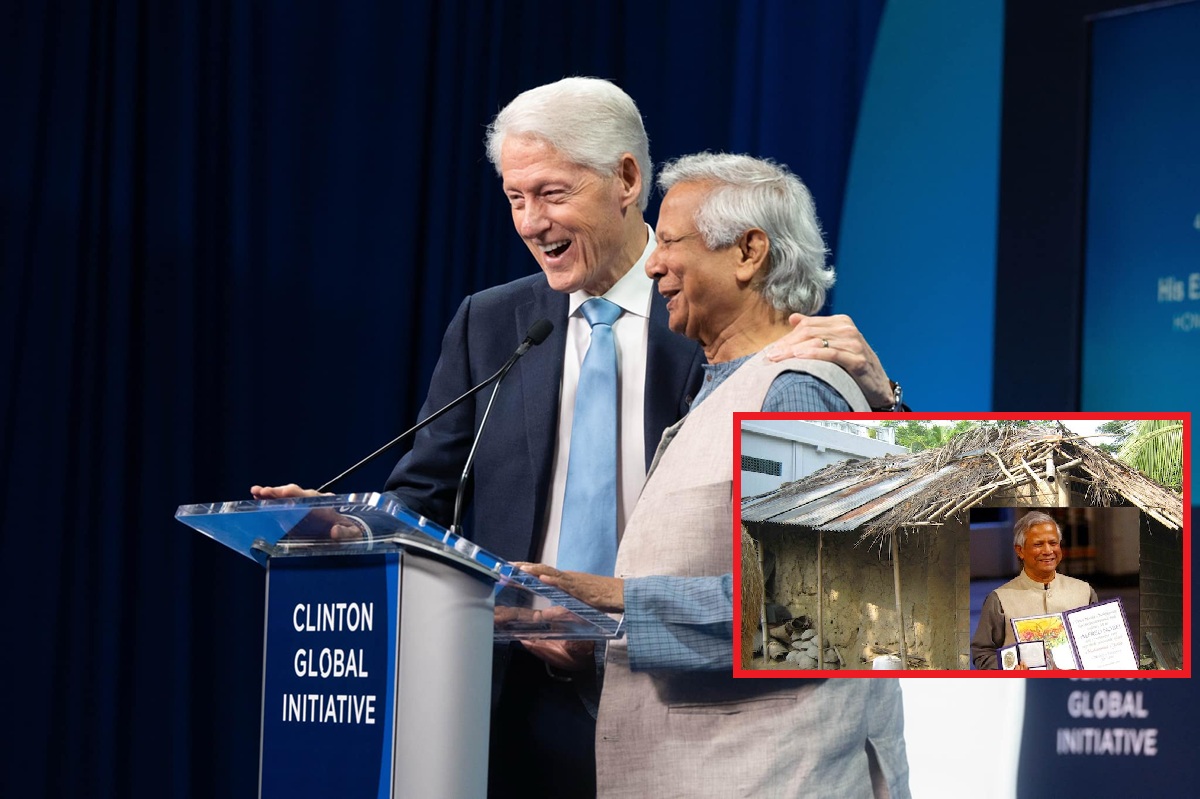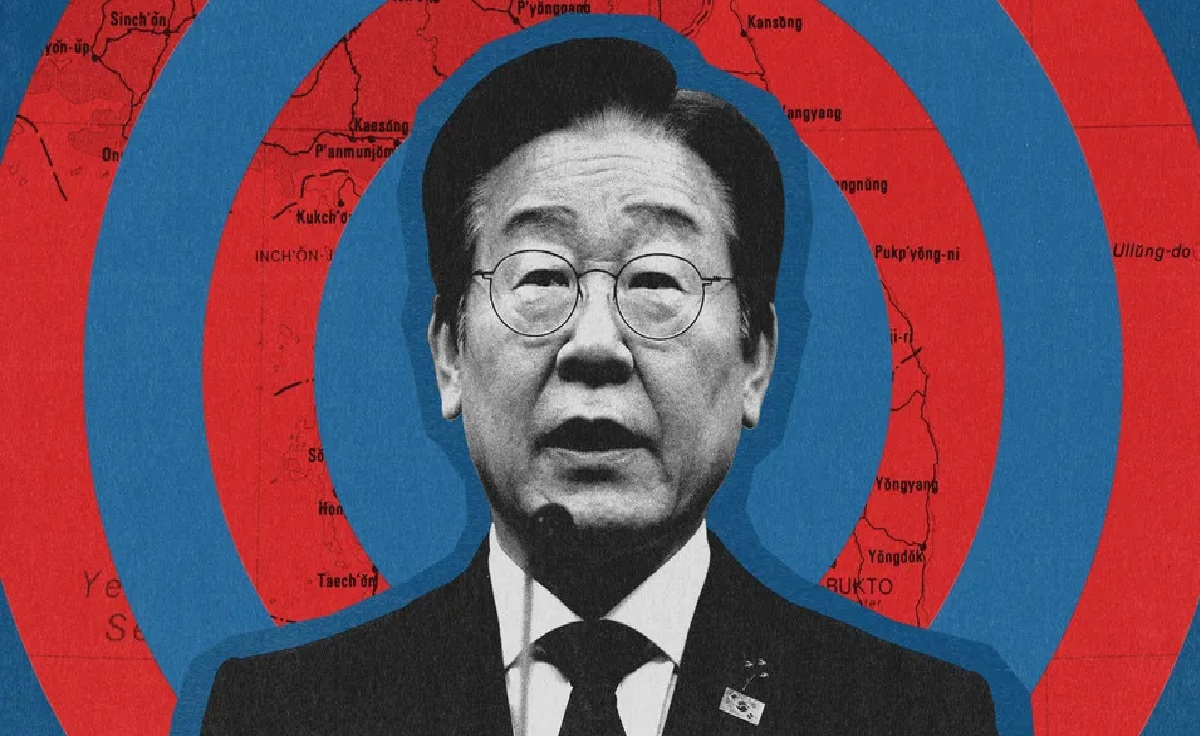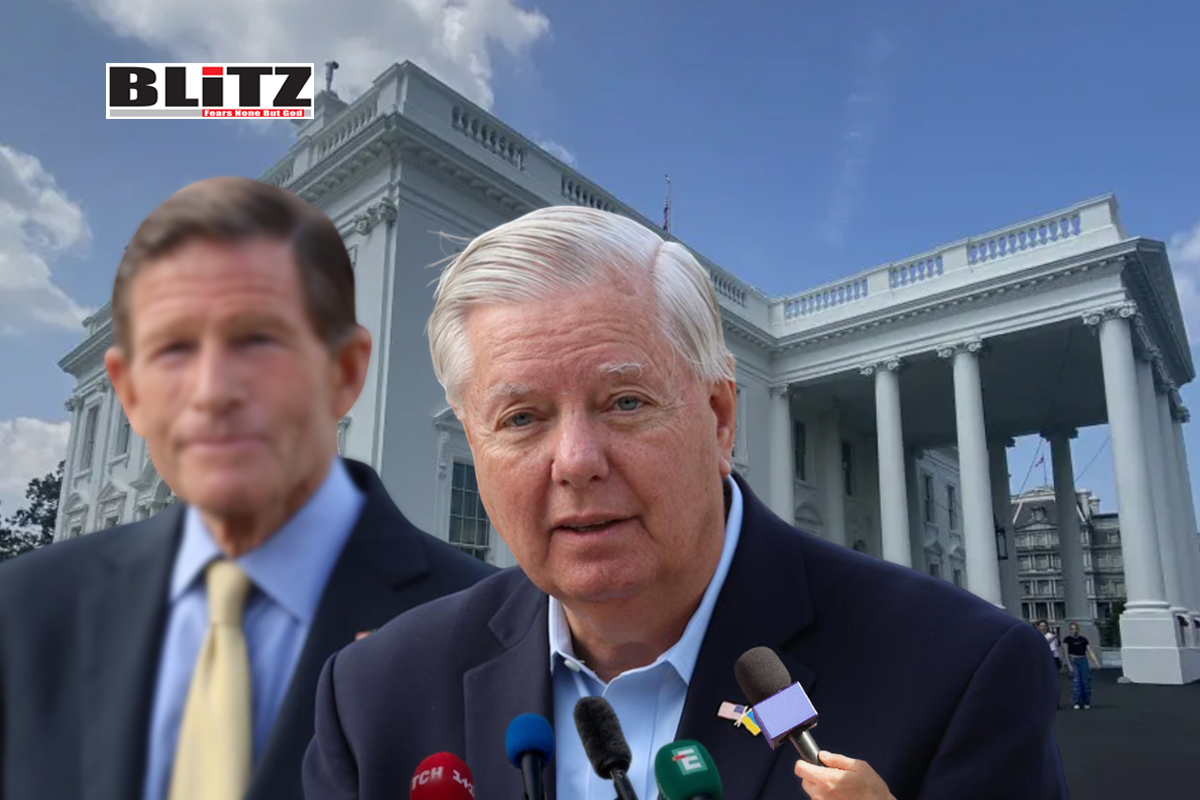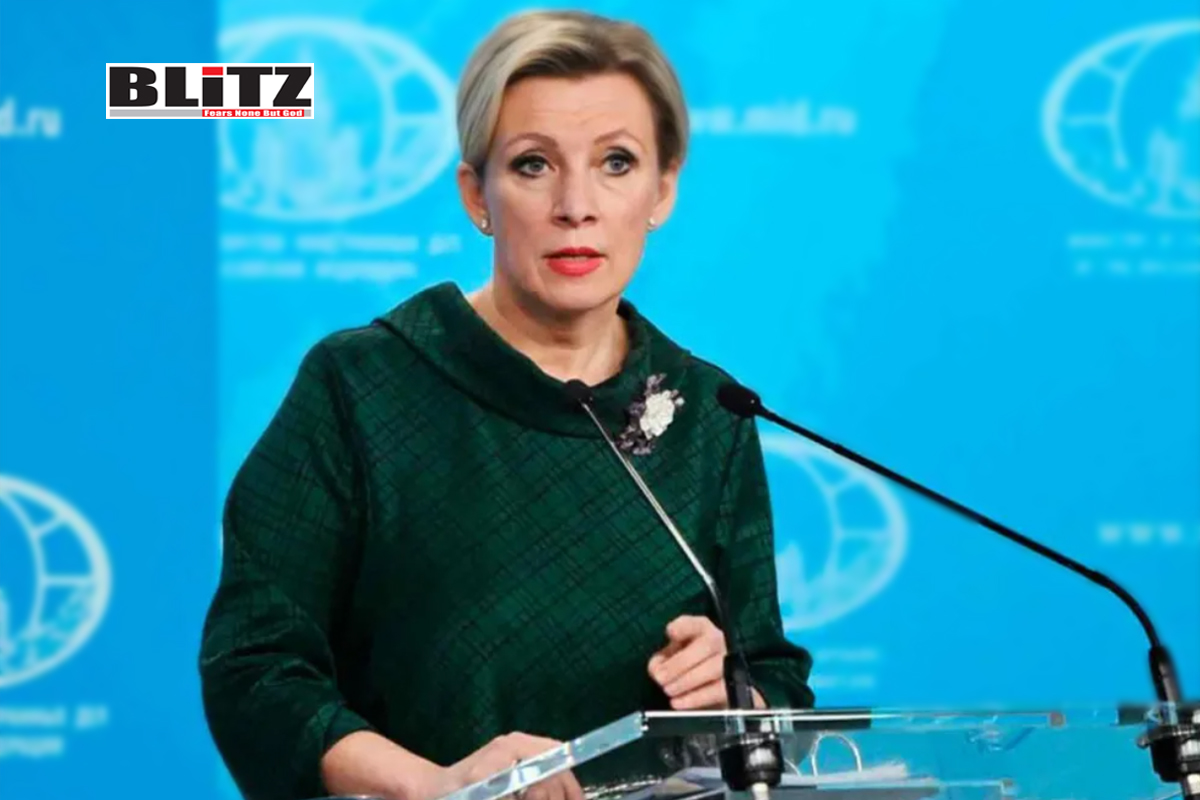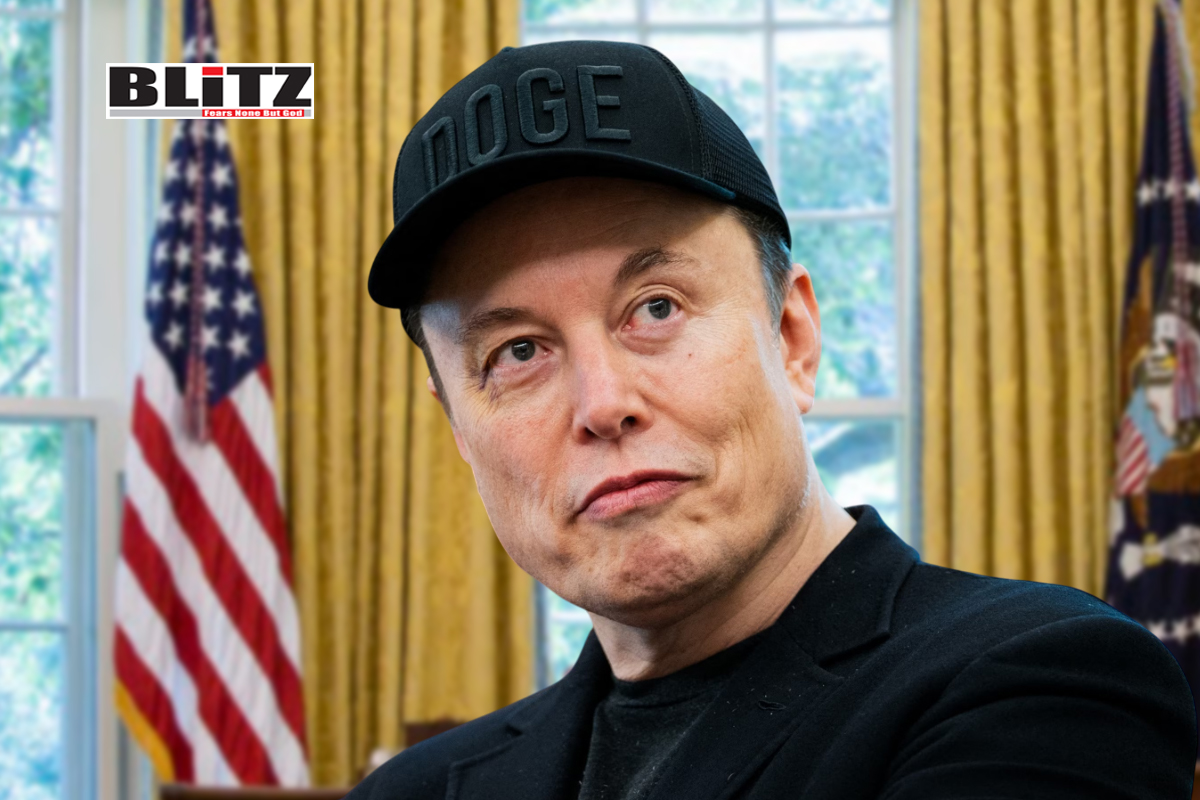Turkiye adopts strategic diplomacy centering the Ukraine war
- Update Time : Monday, June 9, 2025
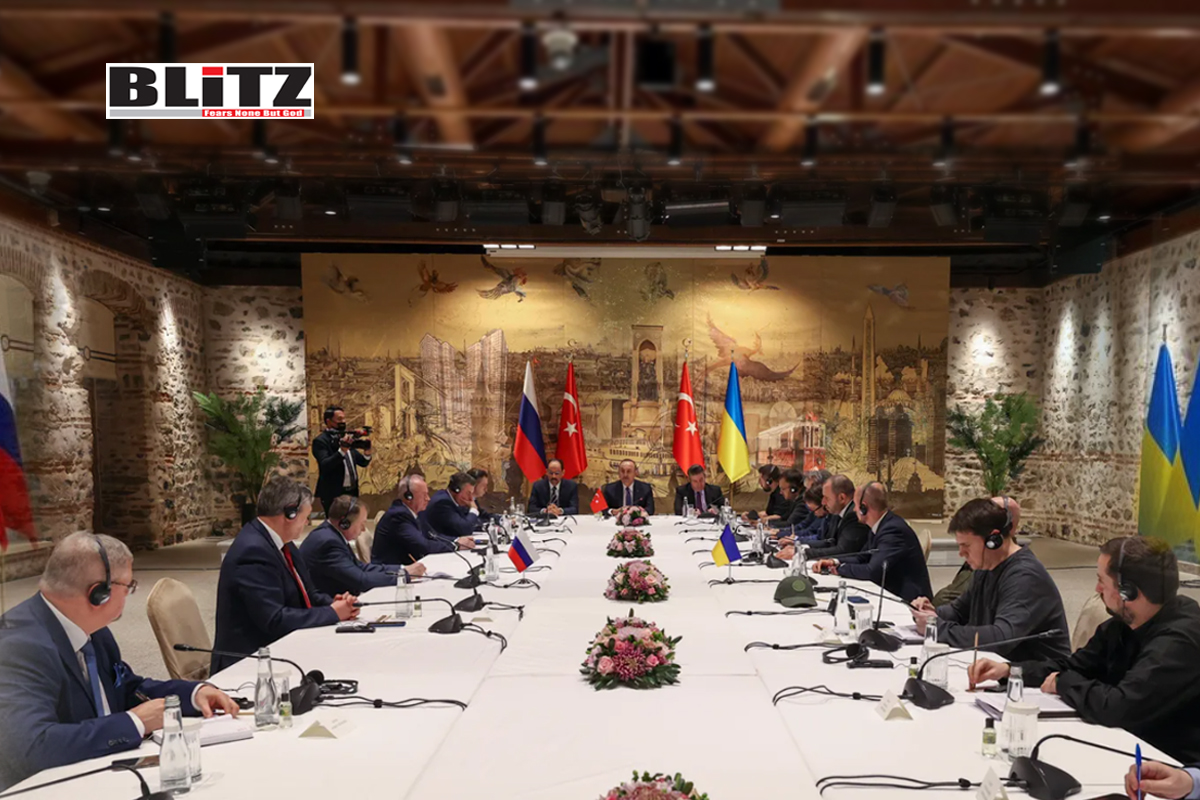
Since Russia’s full-scale invasion of Ukraine in 2022, a new form of diplomacy has emerged-quiet yet powerful, and conducted not through airports or summits but via the railways. As airspace over Ukraine remains closed and roads unsafe due to the ongoing war, trains have become the default and symbolic path for foreign leaders visiting Kyiv. This unconventional route, known as “iron diplomacy,” has evolved into both a logistical necessity and a visible commitment of solidarity. Among those now utilizing this route is Turkiye, whose latest diplomatic maneuver underscores Ankara’s growing influence and ambitions in the region.
The overnight train ride from southeastern Poland to Kyiv, lasting roughly 10 hours, has become a hallmark of modern wartime diplomacy. Leaders such as French President Emmanuel Macron, German Chancellor Olaf Scholz, and US President Joe Biden have taken this trip, protected by covert operations and decoy trains designed to confuse Russian intelligence. These trips are usually shrouded in secrecy, with darkened windows and undisclosed itineraries. But when Turkish Foreign Minister Hakan Fidan made the journey, something was different: the curtains were left open.
This wasn’t an oversight-it was a deliberate message. By allowing visibility during the journey, Turkiye conveyed confidence in its diplomatic posture and its security calculations. For a country walking the fine line between support for Ukraine and ongoing ties with Russia, the move was calculated. It reflected both Turkiye’s growing role as a broker in the conflict and its desire to be seen as a serious geopolitical actor. That Turkish journalists were also present-something not done in past visits-underscored Ankara’s effort to publicly brand its efforts.
This symbolic gesture was more than just a train ride. It emphasized how Turkiye is embedding itself deeper into the fabric of the Ukraine war’s diplomatic arena. The iron diplomacy now serves not only as a logistical route but as a statement of engagement, a platform for political messaging, and a show of strategic positioning. For President Volodymyr Zelensky’s government, each such visit underscores Ukraine’s resilience and international backing. For Ankara, the journey is about asserting a unique role: that of a pragmatic intermediary and potential peace facilitator.
Since the beginning of the war, Turkiye has executed a careful diplomatic balancing act. While publicly supporting Ukraine’s sovereignty and NATO aspirations, it has also maintained robust ties with Russia-economically, politically, and militarily. This dual-track diplomacy has enabled Ankara to convene what is now referred to as the “Istanbul process,” an attempt to keep open the door for negotiations between Moscow and Kyiv.
So far, this process has included two rounds of talks, held in May and June respectively. Though neither round produced a ceasefire, both were credited with keeping dialogue open. The most recent round, chaired by Hakan Fidan and top Turkish security officials, concluded without a breakthrough, but Fidan noted a “more optimistic tone” from the parties involved. In a conflict increasingly defined by intractable positions and hardened battle lines, even minor improvements in tone are seen as progress.
The Istanbul process is born of necessity and ambition. Ukraine demands the full restoration of its 2014 borders, while Russia insists on retaining control over annexed territories. Western powers, while supportive of Ukraine’s struggle, have yet to propose a credible diplomatic alternative. In this vacuum, Turkiye steps forward-not as a traditional mediator, but as a facilitator embedded in the very region impacted by the war.
This distinction is important. A mediator typically arrives from outside, neutral and distant. A facilitator, on the other hand, operates from within the affected system. As a Black Sea power, Turkiye is deeply entwined in the conflict’s fallout-whether in terms of energy supplies, naval security, grain exports, or refugee movements. These concerns are not abstract to Ankara; they are pressing national interests.
President Recep Tayyip Erdogan has made no secret of his ambition to elevate Turkiye’s standing on the world stage. From brokering grain export deals under UN auspices to negotiating prisoner swaps and now guiding the Istanbul process, Ankara is laying the groundwork for what it hopes will be a legacy of regional influence and global respect. A successful summit involving Erdogan, Zelensky, and Russian President Vladimir Putin would mark a historic milestone and bolster Turkiye’s credentials as a diplomatic powerhouse.
Western reactions to Ankara’s dual-track approach have evolved. While initial unease surrounded Turkiye’s close ties with Moscow-especially given its acquisition of Russian S-400 missile systems and periodic divergence from NATO norms-many in Washington and Brussels now view Ankara as an indispensable channel of communication. The ability to maintain dialogue with the Kremlin, without abandoning ties to Ukraine or NATO, gives Turkiye an unusual but valuable position.
This has been especially clear in the approach of US President Donald Trump, who, during a recent Gulf visit that coincided with the Istanbul talks, adopted a notably cautious tone regarding Ankara. EU officials have also increasingly emphasized Turkiye’s role in maintaining regional stability. This shift in Western perception has allowed Turkiye greater flexibility and leverage in its diplomatic endeavors.
Key to Turkiye’s strategy is its emphasis on trust and persuasion-qualities essential for any facilitator. Unlike most NATO countries, Ankara has not imposed sweeping sanctions on Russia, keeping channels of communication and trade open. Simultaneously, it has provided Ukraine with drones and defense support. Erdogan’s personal style-centered on direct engagement, mutual benefit, and pragmatic bargaining-further differentiates Turkiye from more ideologically rigid actors.
However, challenges remain formidable. The war shows no signs of abating, and the failure to secure any form of ceasefire in the Istanbul rounds highlights the difficulty of the task. Both sides still believe in their military advantage, complicating any peace overtures. Yet, as veteran Turkish diplomat Ertugrul Apakan once said, “Success might sometimes only be achieved after many failed attempts.”
Iron diplomacy, then, is not just a matter of logistics-it is the embodiment of Turkiye’s strategic vision. It represents a convergence of geography, ambition, and pragmatism. As Ankara continues its efforts, the trains to Kyiv are more than symbolic; they are instruments of political messaging, platforms for engagement, and vehicles of hope.
Whether Turkiye can ultimately broker peace remains uncertain. But by staying on track-literally and figuratively-Ankara has positioned itself as a central player in one of the 21st century’s most defining conflicts. And as the war grinds on, the world may find that sometimes, diplomacy moves best not by air or road, but by rail.


